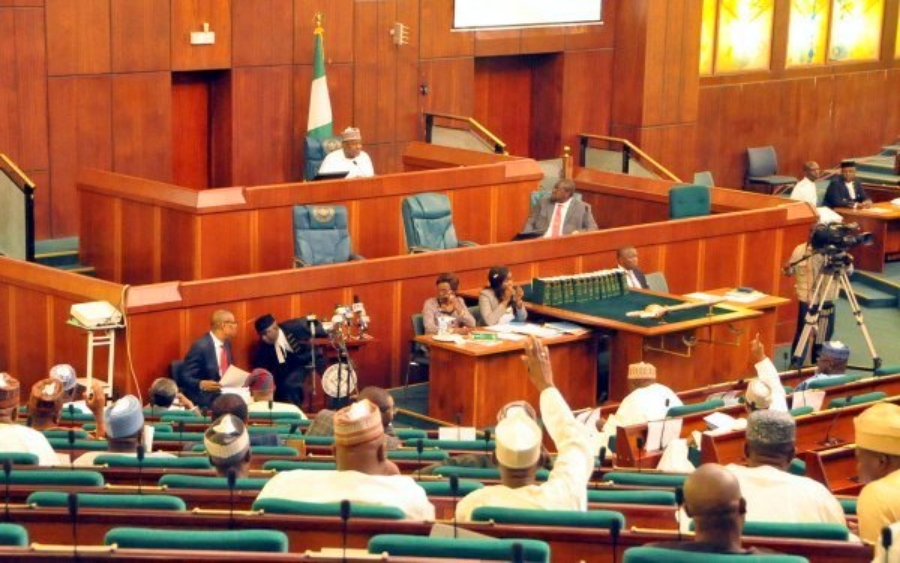The Senate has passed the Investments and Securities Bill 2024 for its third reading, marking a crucial step towards modernizing the country’s capital markets regulatory framework. This comprehensive legislation, which promises to revolutionize investment practices and securities trading in Africa’s largest economy, received approval following detailed recommendations from the Senate Committee on Capital Market.
The groundbreaking bill, championed by committee chairman Senator Osita Izunaso of Imo West, represents a significant overhaul of existing securities regulations and positions the Securities and Exchange Commission (SEC) as the paramount regulatory authority for Nigeria’s capital market. This development comes at a critical time when global financial markets are rapidly evolving, driven by technological advances and changing investor needs.
At the heart of this legislative reform is the recognition that Nigeria’s current securities laws, despite their initial revolutionary impact, have fallen behind the pace of global financial innovation. The new bill aims to bridge this gap by introducing modern regulatory frameworks that align with international best practices while addressing contemporary challenges in the investment landscape.
One of the most significant aspects of the legislation is its forward-looking approach to digital finance. The bill introduces pioneering regulatory frameworks for digital currencies and financial technology activities, including provisions for blockchain technology and cryptocurrency transactions. This progressive stance demonstrates Nigeria’s commitment to embracing innovative financial technologies while ensuring appropriate oversight and investor protection.
The legislation places particular emphasis on market integrity and investor protection, introducing robust measures to combat financial malpractices that have historically undermined confidence in Nigeria’s capital markets. These include strengthened regulations against market abuse, insider trading, and fraudulent practices, alongside enhanced governance requirements for publicly listed companies.
In addressing the complexity of modern financial markets, the bill provides clear delineation of regulatory responsibilities among various bodies, a move designed to eliminate jurisdictional overlaps and enhance the SEC’s operational effectiveness. This streamlined approach aims to create a more efficient and transparent regulatory environment that can better serve both domestic and international investors.
The modernization effort extends to financial instruments as well. The legislation supports the introduction and regulation of sophisticated investment products such as derivatives and Exchange Traded Funds (ETFs), tools that are standard in developed markets but have had limited presence in Nigeria. This expansion of available financial instruments is expected to deepen market participation and provide investors with more diverse investment options.
Market observers note that the timing of this legislative advancement is particularly significant given Nigeria’s current economic climate and the growing need to attract both domestic and foreign investment. The enhanced regulatory framework is expected to boost investor confidence by providing clearer rules and stronger protections, potentially leading to increased capital market participation and economic growth.
The bill’s passage through its third reading represents the culmination of extensive consultations and deliberations among stakeholders in Nigeria’s financial sector. The Senate’s clause-by-clause consideration of the legislation demonstrates the meticulous attention paid to ensuring that every aspect of the new regulatory framework serves the intended purpose of market development and investor protection.
As Nigeria continues its journey toward establishing itself as a premier investment destination in Africa, this legislative development sends a strong signal about the country’s commitment to creating a modern, efficient, and well-regulated capital market. The bill’s provisions for technological innovation, market integrity, and product diversification are expected to position Nigeria’s capital markets for sustainable growth in the coming years.
The successful implementation of this legislation could mark a turning point in Nigeria’s financial market development, potentially catalyzing economic growth through increased market participation, job creation, and improved access to capital for businesses. As the bill moves through the final stages of the legislative process, market participants and regulators alike are preparing for the significant changes that lie ahead in Nigeria’s financial landscape.



